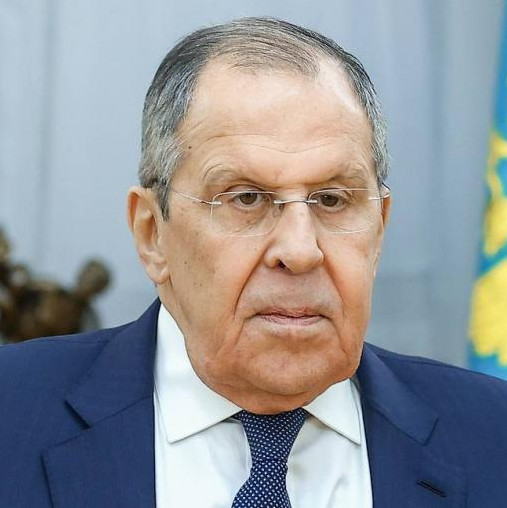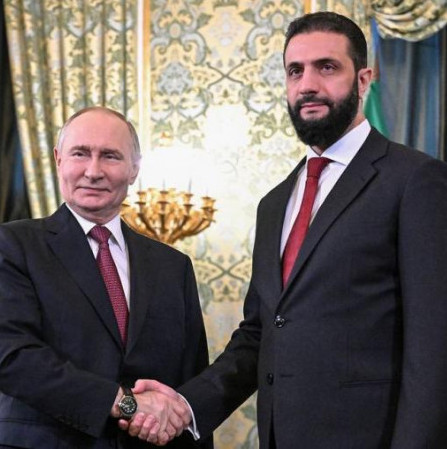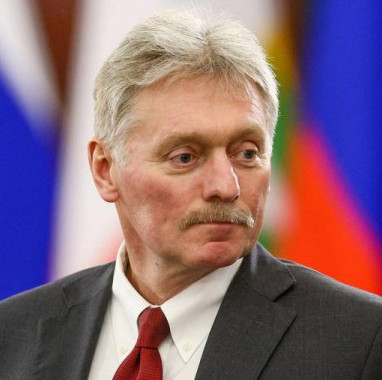
The outcome of US-North Korean talks held on October 4-5 in the Swedish capital, are interpreted differently in various circles, for the most part in a negative way. It is remarkable that these negative assessments largely coincide with Pyongyang's official stance on the Stockholm dialogue results.
The press statement by a North Korean Foreign Ministry spokesman emphasizes Pyongyang's disappointment due to having expected a lot more from the talks.
Indeed, it would be worth reminding that ahead of the Stockholm meeting, official Washington had repeatedly claimed having some "new approaches" to solving the problem, some new "initiative measures". The American administration was persistent to offer another round of working negotiations.
The South Korean side was actively playing along with its ally and trying to put on a mask of being concerned with forming some new conditions not only to solve the denuclearization issue, but also to improve the entire complex of relations within the Washington-Seoul-Pyongyang triangle.
But North Korea's assessment of the Stockholm meeting appeared quite muted. "We entered the negotiations with optimism and expected the American side to exhibit straight thinking. However, the quotidian stance presented by the Americans at the talks disappointed our expectations... There are even more doubts that the US is really determined to solve issues through dialogue," the DPRK Foreign Ministry stressed in its statement.
Meanwhile, the American State Department's message claims that the negotiations did see the United States make a number of new offers and that the consultations are by no means considered a failure.
"The early comments from the DPRK delegation do not reflect the content or the spirit of today’s 8 1/2 hour discussion. The US brought creative ideas and had good discussions with its DPRK counterparts," the State Department pointed out.
A similar assessment was expressed by Swedish Foreign Minister Ann Linde. She regarded the talks as constructive, though taking note of the lack of specific agreements. In an interview with SVT she said the parties had different views on the extent of efficiency which could have been achieved following the results of a single meeting.
In another interview, the Swedish Foreign Minister said: "The parties managed to clarify each other's positions on various issues, and this, we hope, had provided a basis for proceeding with the dialogue. The situation embraces many challenging issues with the partners often being far apart from each other. One meeting can't fix anything."
I would find difficulty to quarrel with this statement by the head of Swedish diplomacy. Serious-minded observers did not expect any breakthrough from the talks. Moreover, proper allowance must be made for the fact that in tactical terms, the North Korean side won't benefit from a negotiating pause, as well as from the "neither-war-nor-peace" state in general: for instance, this position gives an opportunity to clarify the future of Donald Trump. Apart from him, hardly anyone in the American elite will negotiate with North Korea in a such a patient way.
Pyongyang needs a pause in order to clarify the positions of Beijing and Moscow in this regard as well: they certainly have fuller information about Washington's true intentions.
Linde is more likely right than wrong: the parties may well hold another meeting in about two weeks to provide another opportunity for a more in-depth discussion. She expressed her readiness to provide an all-out support to such a meeting.
However, Pyongyang has a more hard-edged look at this possibility: the US is spreading false rumors about a likely meeting in two weeks' time. They will unlikely manage to come up with anything consistent with our expectations in two weeks, a North Korean representative emphasized.
And his further statement reveals the essence of Pyongyang's current stance: "We have no desire to engage in such a revolting negotiation as this one until the US carries out practical measures to completely and irreversibly withdraw its hostile policy which threatens the safety of our nation and undermines our people’s right to survive and develop."
"We have already stated that if the United States once again offers old scenarios instead of a new method and probe us concerning their adoption, the deal between the DPRK and the United States may not take place, we can drop the curtain," DPRK Foreign Ministry's statement said.
Apart from disappointment and warning, the harsh words North Korean diplomats often use in their vocabulary contain readiness for further contacts.
Indeed, Pyongyang does need new initiatives from the United States, as well as ironclad assurances of its security – for all intents and purposes. The need for such guarantees has been repeatedly mentioned by Russian President Vladimir Putin, Russian Foreign Minister Sergey Lavrov, and senior officials of the PRC.
Moscow and Beijing invariably advocate any contacts between Pyongyang, Washington and Seoul. But at the same time, they always emphasize that only by means of a more comprehensive dialogue - with the participation of all interested parties - a solution can be found to challenges like the Korean issue.


